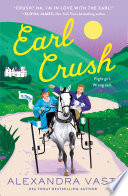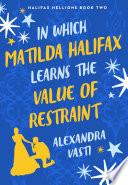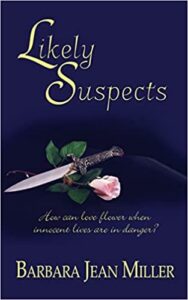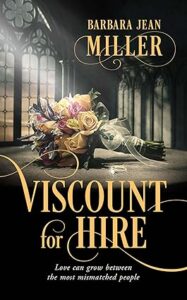Regency Reader Question
Getting away with murder in the Countryside… So, I gather there were ‘Runners’ and ‘Thief-Takers’ rather than a police force in Regency England, but these seem to be operating from and concentrating on London, from what I’ve read so far. I’m interested to know how a crime – for instance murder – would be investigated in the countryside, and so far I haven’t been able to find any references to this anywhere. Who would ‘investigate’ a murder committed in the countryside? I’m thinking – the Local Lord? Some version of a Parish Authority, or perhaps it would have to be undertaken by private investigators for hire…? But I’m guessing. Can anyone point me in the right direction? Thanks
| Source of Question | Research |
Thanks for the question, bluedragonfly, and for being a Regency Reader! This is an excellent question that I am sure a lot of readers find themselves equally puzzled by.
By 1800, there were 68 Bow Street Runners patrolling the streets of London. The Bow Street runners were a force of paid constables established by Henry Fielding, a Georgian Magistrate at Bow Street (see our post on Bow Street Runners here). Outside of Bow Street, the policing system largely consisted of Constables, Watchmen and Justices of the Peace. Thief takers was similar to a modern day bounty hunter, albeit typically paid by a crime victim to bring a criminal to justice.
In the British countryside, as early as the Tudor period, Justice of the Peaces were the main criminal and administrative official. As this was an unpaid office, it was by in large undertaken by wealthy landowners mostly gentry. There was little education or formal rules guiding the JPs, so that they were not immune to bias or vested interest (Emsley, 1992). Yet they still had the ability to mete out justice, in addition to their administrative functions including public works (https://www.londonlives.org/static/Pretrial.jsp).
As far as investigations of murder, it would really depend on the location. The Watch Acts allowed for local jurisdictions to set up taxing districts for the purpose of funding Watchmen positions (https://www.londonlives.org/static/Policing.jsp). While this was largely realized in wealthier communities in metropolitan areas, Watchmen could also be volunteer positions cycled through the various men within a provincial town or area.
Volunteer or paid constables (parish or petty constables) were also often a mechanism by which a rural place had a police presence. They would serve under the direction, for the most part, of the JP and would have the ability to execute any manner of orders including arrest, detainment, or investigation.
It wasn’t until the Rural Constabulary Act of 1839 that many English counties were able to raise/pay for a police force (http://vcp.e2bn.org/justice/page11377-the-development-of-a-police-force.html). This means the majority of crimes, like capital crimes, committed in the countryside were investigated by local volunteers (Roth, 2001).
Its borne out in the annals of the Old Bailey and other sources that some high profile murders attracted a lot more public attention/outcry, and had outside help from magistrates, paid investigators, etc including being presented at the Court of Assizes. But generally, the countryside criminal justice systems was meted out by the local wealthy landowners and their appointed volunteer Constables and Watchmen. With no pay, little to no formal training, and all sorts of bias, its likely that crimes such as murder had minimal to poor investigations for the most part.
Works Cited:
Emsley, C. (1992). The English Magistracy 1700-1850. IAHCCJ Bulletin, (15), 28-38. Retrieved July 29, 2020, from www.jstor.org/stable/43658156
London Lives. Various webpages: https://www.londonlives.org
Randolph Roth. (2001). Homicide in Early Modern England 1549-1800 : The Need for a Quantitative Synthesis », Crime, Histoire & Sociétés / Crime, History & Societies, Vol. 5, n°2 pp 33-67.
Read more:
A list of resources: https://www.sldirectory.com/libsf/booksf/mystery/crimepolice.html
Craving more Regency Crime and Punishment? Learn about the case of the Murder of Mr. Steel, learn about the country Courts of Assizes, the Bow Street Runners, and the Old Bailey.
If you have your own Regency era question, send it to us to research!











